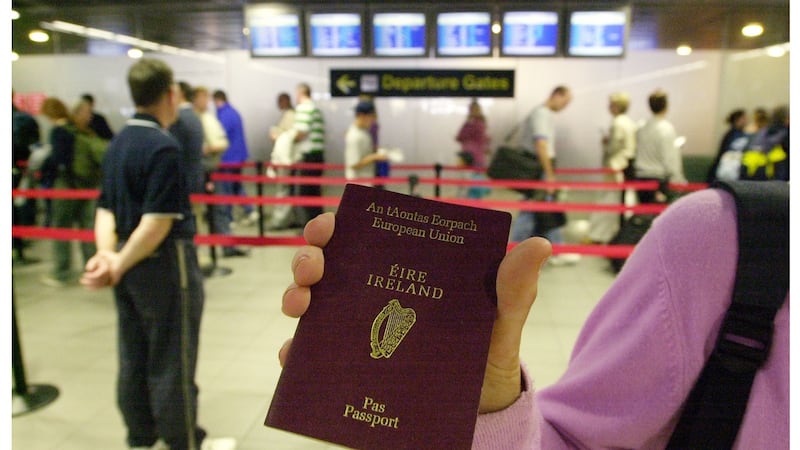Rail services face the potential of disruption in the weeks ahead following a decision by train drivers to ballot for industrial action.
The decision was taken by members of the National Bus and Rail Union (NBRU) and Siptu in a dispute with management at Iarnród Éireann over payment for past productivity.
The NBRU said a ballot would commence on September 21st and would seek a mandate for industrial action which could include stoppages of DART, commuter and national rail services. Siptu is also to ballot its members for industrial action.
The ballots are not expected to be concluded until early next month, after which the unions would have to serve notice on the company of any industrial action.
Some informed sources have suggested that any industrial action could involve stoppages on DART, commuter and national rail services for short periods of time rather than all-out strikes.
The decision to ballot train drivers at Iarnród Éireann for industrial action follows the collapse of talks with management at the company at the Labour Relations Commission last week.
Unions maintained that management at the State-owned rail company refused to engage in discussion on past productivity despite this being part of an agreement reached in September 2014.
The unions have argued that a clause in the deal concluded a year ago ,which provided for a 1.7 per cent pay cut over 25 months, allowed for staff to engage with management on additional productivity measures and additional responsibilities taken on by train drivers over recent years.
Iarnród Éireann said it was still losing more than €1 million per month and was not in a financial position to agree to past productivity pay claims.
It said the unions had created “unrealistic expectations” among members.
The company signalled that it would be willing to engage on an arrangement to share benefits arising from future productivity measures.
NBRU general secretary Dermot O’Leary said after the meeting of the two unions on Tuesday that anger among train drivers had been exacerbated by a communiqué issued by management at the rail company last week which attempted to lay the blame for the breakdown on the staff.
He said management had sought to suggest that the drivers had rejected an offer to talk about future productivity when the deal of September last year stated that the issue of past productivity should be addressed through normal industrial relations procedures.
“Shutting down debate or refusing to engage in a Labour Relations Commission conciliation is not how normal industrial relations are practiced.”
Mr O’Leary said that all rail workers wanted was to be in a position to discuss and negotiate the changes that had been made in their grade over recent years.
















